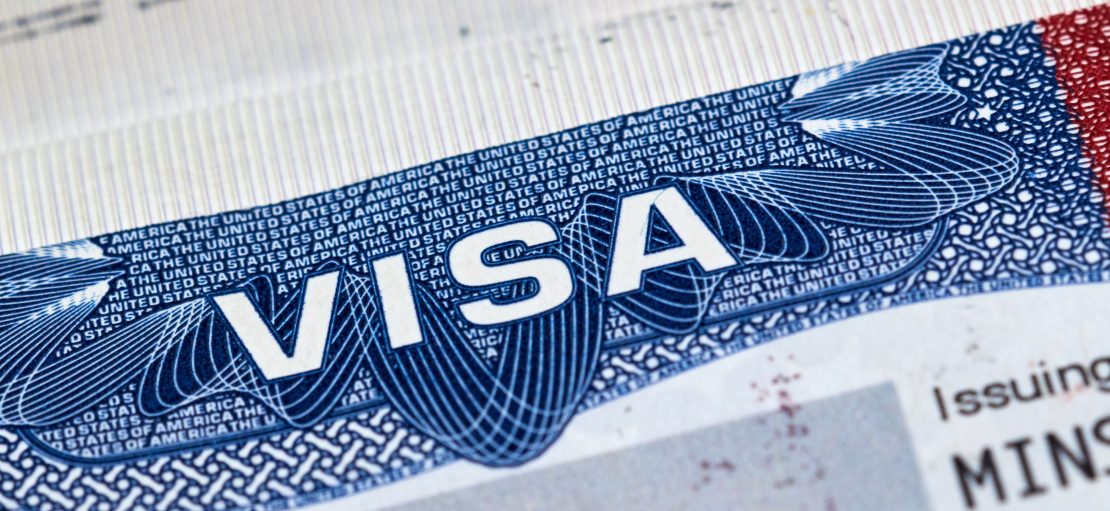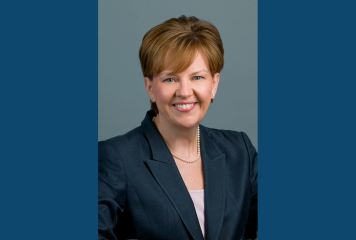ABIM Opposes Changes to the J-1 Visa Process that would threaten Physician Education and Patient Care
October 23, 2020 | Posted by ABIM | Uncategorized
Below is a letter from ABIM leaders, Richard Baron, MD, President and CEO, and Furman McDonald, MD, Senior Vice President for Academic and Medical Affairs, to the Acting Secretary of Homeland Security Chad F. Wolf regarding proposed changes for J-1 Visa holders. We believe that this change could have a negative impact on physician education and patient care during a critical time in the U.S. as we continue to battle the COVID-19 pandemic.
We encourage you or your organizations to submit commentary here.
October 23, 2020
The Honorable Chad F. Wolf
Acting Secretary of Homeland Security
Washington, DC 20528
Re: Docket Number: ICEB-2019-0006
Dear Mr. Wolf,
On behalf of the American Board of Internal Medicine (ABIM), a physician-led, non-profit, independent evaluation organization accountable to both the profession of medicine and to the public– and the largest member board of the American Board of Medical Specialties (ABMS), certifying approximately one out of every four physicians in the United States– we write to oppose in the strongest possible terms the U.S. Immigration and Customs Enforcement’s (ICE) proposed change to the process for extending the period of authorized stay for certain nonimmigrant visa classifications by eliminating “duration of status” as an authorized period of stay for J-1 Visa holders, especially physicians holding J-1 visas.
First and foremost, this change will have considerable negative consequences on the training of these J-1 physicians, the organizations in which they train, and most importantly and most devastatingly, on the patients they serve. Specifically:
- Resident and fellow physicians training in Internal Medicine and its subspecialties are providing care to patients in desperate need of care because of the ongoing COVID-19 pandemic. As many areas of our country experience a resurgence of cases, now is the not the time to reduce our nation’s ability to respond to the pandemic and further stress an already overburdened health care system by disrupting the service of these front line doctors.
- There are more than 12,000 J-1 physicians participating in graduate medical education (GME) in the United States. Many Internal Medicine residencies and subspecialty fellowships, including many in medically underserved areas and in medical safety net hospitals, are filled completely by international medical graduates (IMGs) on J-1 visas. Patients in these communities rely on these physicians in training to receive the excellent care they deserve. Without these IMGs their quality of life will erode and lives will surely be lost.
- Training programs are carefully scheduled, consecutive, and progressive. Removing even one trainee from a training rotation has significant “domino” effects on other members of the training programs as important learning experiences are canceled and rescheduled to try to preserve care on critical hospital services. Annual disruption of J-1 physicians’ training and service, with delays of unpredictable durations, will cause increasingly dangerous and unnecessary transfers of care for some of our nation’s most vulnerable patients.
- Attainment of competency through the supervised practice of medicine takes time. Internal Medicine residency training requires a minimum of three years of training. Internal Medicine subspecialty fellowships range from one to three years, depending on the discipline. Delays in training of J-1 physicians will delay their attainment of competency, delay their progression through the training pipeline, and delay the time to become certified physicians in Internal Medicine, thus limiting the numbers of competent physicians entering the US workforce at a time the health care system is under unprecedented strain.
Finally, this change is unnecessary, because J-1 physicians are already a tightly monitored cohort. For nearly 50 years, the Educational Commission for Foreign Medical Graduates/Foundation for Advancement of International Medical Education and Research (ECFMG®|FAIMER®) has been designated by the U.S. Department of State (DOS) as the sole J-1 visa sponsor for foreign national physicians in U.S. graduate medical education (GME). In this role, ECFMG®|FAIMER® already conducts a rigorous annual review for each physician that assures DOS that these physicians are compliant with J-1 visa requirements and progressing through their training programs as planned. The proposed change will not yield new or better information about this carefully monitored cohort.
This rule change will not achieve its intended aim, is unnecessary for the already closely monitored J-1 physician cohort, and will significantly and adversely affect the training of physicians, the patients they serve, and the health of our nation. For these compelling reasons, we respectfully urge you to exclude foreign national physicians in the DOS’ Exchange Visitor Program in J-1 visa status from this rule change.
Sincerely,
Furman S. McDonald, MD MPH
Senior Vice President for Academic and Medical Affairs
Professor of Medicine

Richard J. Baron, MD, MACP
President and CEO



